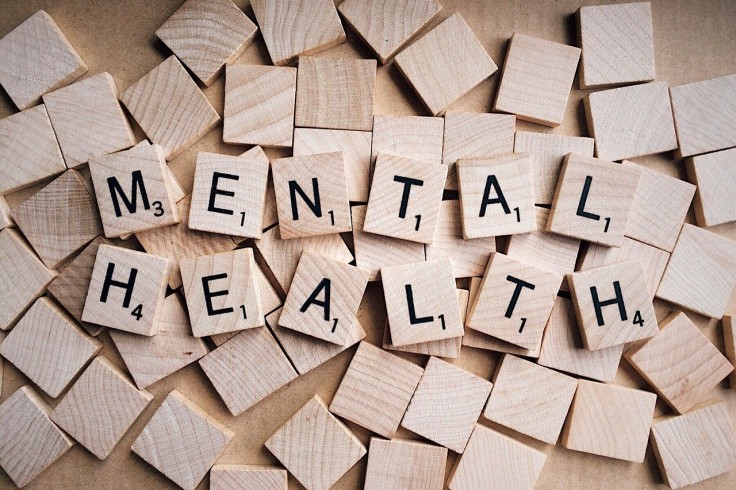
The U.S. Preventive Services Task Force said on Tuesday, October 11, that pediatricians should screen kids as young as eight for anxiety and children 12 and older for depression during routine well-checks.
The independent panel of experts' recommendation applies to kids who do not show signs or symptoms of a mental health problem. Task force member Lori Pbert said that children should be referred for specialized care, regardless of age.
Pbert, a clinical psychologist and behavioral scientist, said they should screen children and teens to identify them early. They also don't want them struggling.
Screenings not meant to diagnose a child with either anxiety or depression
The new guidance of the health panel represents a final set of recommendations for children's mental health screening. It is consistent with the group's draft recommendations that were released in April.
The screenings are not meant to diagnose a kid with either depression or anxiety. They are meant to identify those children who may need extra support in mental health care.
Pediatricians are not required to follow these guidelines but often do, based on the recommendations of the influential group. The main problem is that there is a dearth of mental health professionals trained to help such kids.
Jenna Glover, a child and adolescent psychologist at Children's Hospital Colorado, told NBC News that a pediatrician might be able to flag somebody. The problem is they might not always have a place to send that child who needs help with their mental health. That being said, she applauded the group's recommendations as a positive step forward in mental health care for children.
Glover said that this is a way where they can get ahead of the ongoing mental health crisis to identify these children and get them hooked into services. She added that they know early intervention is the key to better outcomes.
More young people suffer from depression and anxiety due to COVID
Young kids may not always understand their emotions, so doctors have several standardized questionnaires they can use to screen them for depression and anxiety, such as the PHQ-9 questionnaire and Screen for Child Anxiety-Related Disorders.
They aim to separate children who are having a rough couple of days from those kids who are experiencing ongoing and excessive mental health issues that disrupt their daily activities, such as attending birthday parties or going to school and other social events.
Depression and anxiety have been growing among the youth for years now. A study released in February found that 1 in 5 teens had experienced an episode of major depression, even before the COVID pandemic struck. A second report found that children visits to the emergency room because of their mental health rose dramatically in 2020, compared with 2019.